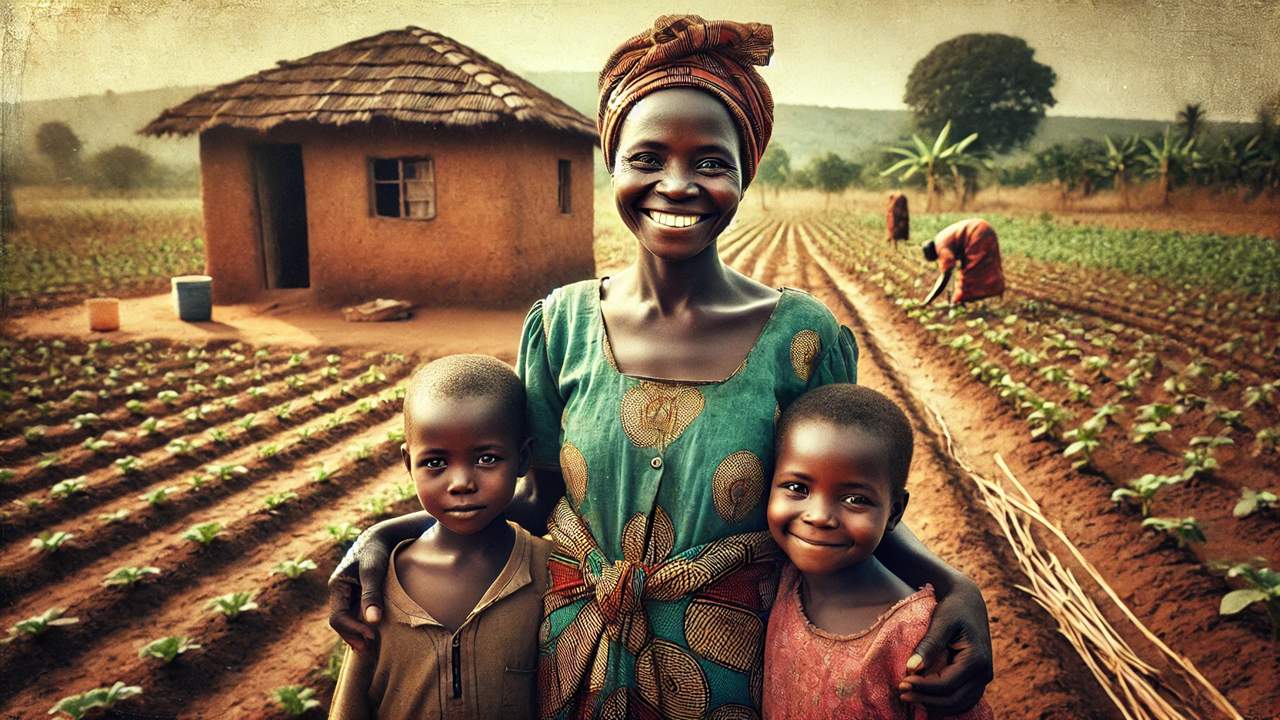Key Stakeholders Convene to Develop Strategies for Gender-Responsive Land Reforms
Tanzania's National Land Policy, the Land Act, and the Village Act already incorporate provisions that address women’s land rights and tenure security.

- Country:
- Tanzania
A high-level Policy Dialogue has commenced in Dar es Salaam, Tanzania, focusing on building political consensus and developing strategies to reform land administration institutions. The dialogue seeks to address historical barriers to women’s land rights and will produce a policy brief outlining recommendations for ensuring gender-inclusive land reforms, according to Joan Kagwanja, Coordinator of the African Land Policy Centre (ALPC).
This initiative is conducted alongside the validation of a report assessing barriers to women's land ownership and the capacity gaps in land administration institutions, particularly in the context of COVID-19 and other recent shocks. The report, which highlights challenges faced by women in securing land tenure, is being presented to stakeholders for feedback, with the goal of producing a more comprehensive and collaborative final document.
The Process of Land Governance in Tanzania
At the policy and legislative levels, Tanzania is aligning with the AU Declaration on Land Issues and Challenges in Africa, which urges member states to review their land sectors and develop gender-sensitive policies. Tanzania's National Land Policy, the Land Act, and the Village Act already incorporate provisions that address women’s land rights and tenure security.
The country has been actively engaged in land governance projects since 2016 when it participated in a six-country initiative examining land governance in agriculture. The project, supported by IFAD and the United Nations Economic Commission for Africa (ECA), led to key recommendations for integrating land governance into Tanzania’s Agriculture Development Strategy and Food Security and Investment Plan.
In 2019, Tanzania, through its Ministry of Lands, Housing, and Human Settlement Development, sought technical assistance from ECA to implement pilot land tenure regularization projects in both rural and urban areas, specifically targeting women’s land rights. These efforts are part of the broader Gender-responsive Land Governance in Africa project, which enhances women’s resilience in the face of challenges like COVID-19.
A Collaborative Workshop for Gender-Responsive Land Reforms
The workshop brings together participants from diverse sectors, including the Ministry of Lands and Gender Line Ministries, women’s land rights organizations like Stand for Her Land (S4HL), and members of the Campaign Taskforce, such as UN Women and other NGOs. Representatives from UN agencies, academic institutions, legal practitioners, women’s business associations, and traditional leaders are also participating.
The event focuses on reviewing the draft report and gathering insights from key stakeholders to produce an improved assessment. This dialogue is expected to provide strategic direction for enhancing women's land rights, securing tenure, and ensuring gender-responsive reforms in Tanzania’s land governance frameworks.
By strengthening the institutional capacity for land administration and addressing the structural barriers that women face, this dialogue represents a critical step towards equitable land distribution and improved economic empowerment for women in Tanzania.
- READ MORE ON:
- Tanzania
- African Land Policy Centre










